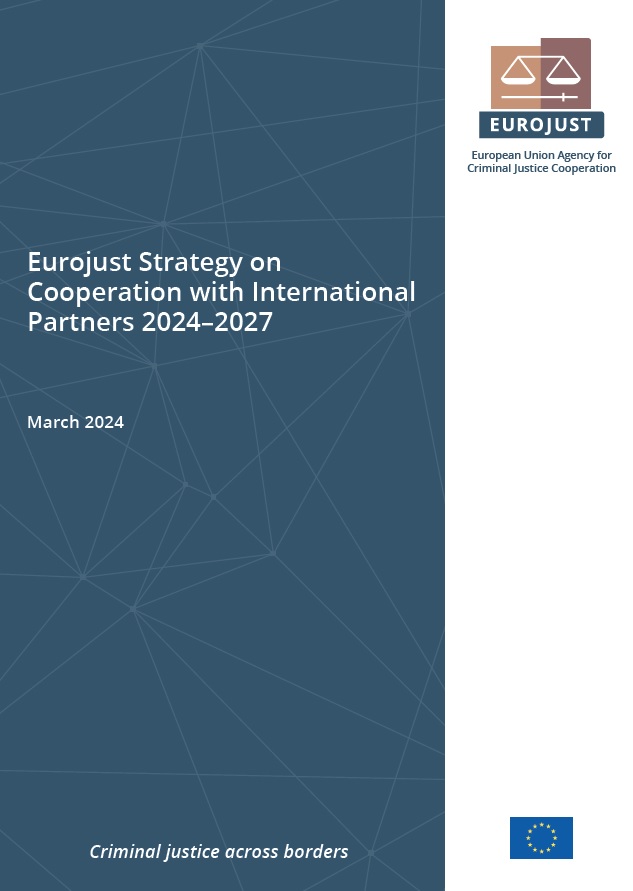Eurojust is a hub for judicial cooperation, delivering hands-on support to prosecutors and judges working together in the fight against cross-border crime. Relying on its unique expertise, partnerships and modern digital tools, Eurojust ensures that national borders are no obstacle to prosecuting crime and that justice is served.
To this end, Eurojust engages with the competent authorities of countries outside the European Union and with international organisations to foster closer cooperation. Mindful of the values enshrined in Article 2 of the Treaty on European Union, the Agency builds strong ties with countries and organisations that share the EU’s desire for a more secure world in which equality, rule of law and human rights are respected.
Under Article 52 of the Eurojust Regulation, every four years Eurojust prepares, in consultation with the European Commission, a cooperation strategy that specifies the third countries and international organisations with which there is an operational need for cooperation.

